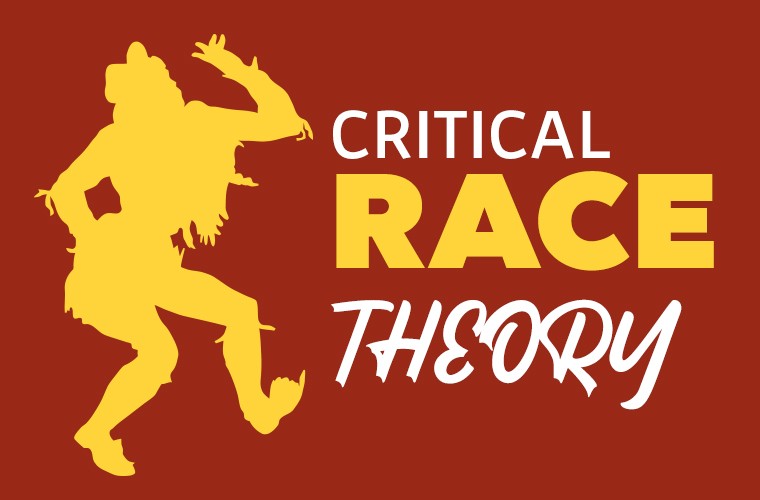Critical race theory is a concept that has gained significant attention in recent years. It is an academic framework that explores the intersection of race, law, and power in society. The theory asserts that racism is not just an individual problem, but rather a systemic issue that is embedded in the legal and social structures of society. At its core, critical race theory seeks to challenge the idea that the legal system is neutral and objective. Instead, it argues that the law is shaped by social and political forces, including racism. The theory also examines how race intersects with other forms of oppression, such as sexism and classism.
One of the key tenets of critical race theory is the idea of “white privilege.” This refers to the advantages that white people enjoy in society simply because of their race. These advantages can include access to better education, higher-paying jobs, and better healthcare. Critical race theorists argue that this privilege is not earned, but rather inherited. Another important concept in critical race theory is “intersectionality.” This refers to the idea that people experience oppression in different ways depending on their identities and social positions. For example, a black woman may experience racism differently than a black man or a white woman. Intersectionality recognizes that people have multiple identities and that these identities interact with each other to shape their experiences.
Critics of critical race theory argue that it is divisive and promotes a victim mentality. They also argue that it ignores individual responsibility and perpetuates a culture of blame. However, proponents of the theory argue that it is necessary to understand the ways in which race and racism operate in society in order to create a more just and equitable world. Despite the controversy surrounding critical race theory, it has had a significant impact on legal scholarship and activism. It has influenced the development of other critical theories, such as feminist legal theory and queer legal theory. It has also inspired social justice movements, such as Black Lives Matter.
In conclusion, critical race theory is an important framework for understanding the ways in which race and racism operate in society. It challenges the idea that the legal system is neutral and objective and highlights the ways in which racism is embedded in social and political structures. While it is not without controversy, critical race theory has had a significant impact on legal scholarship and activism and continues to inspire social justice movements today.

